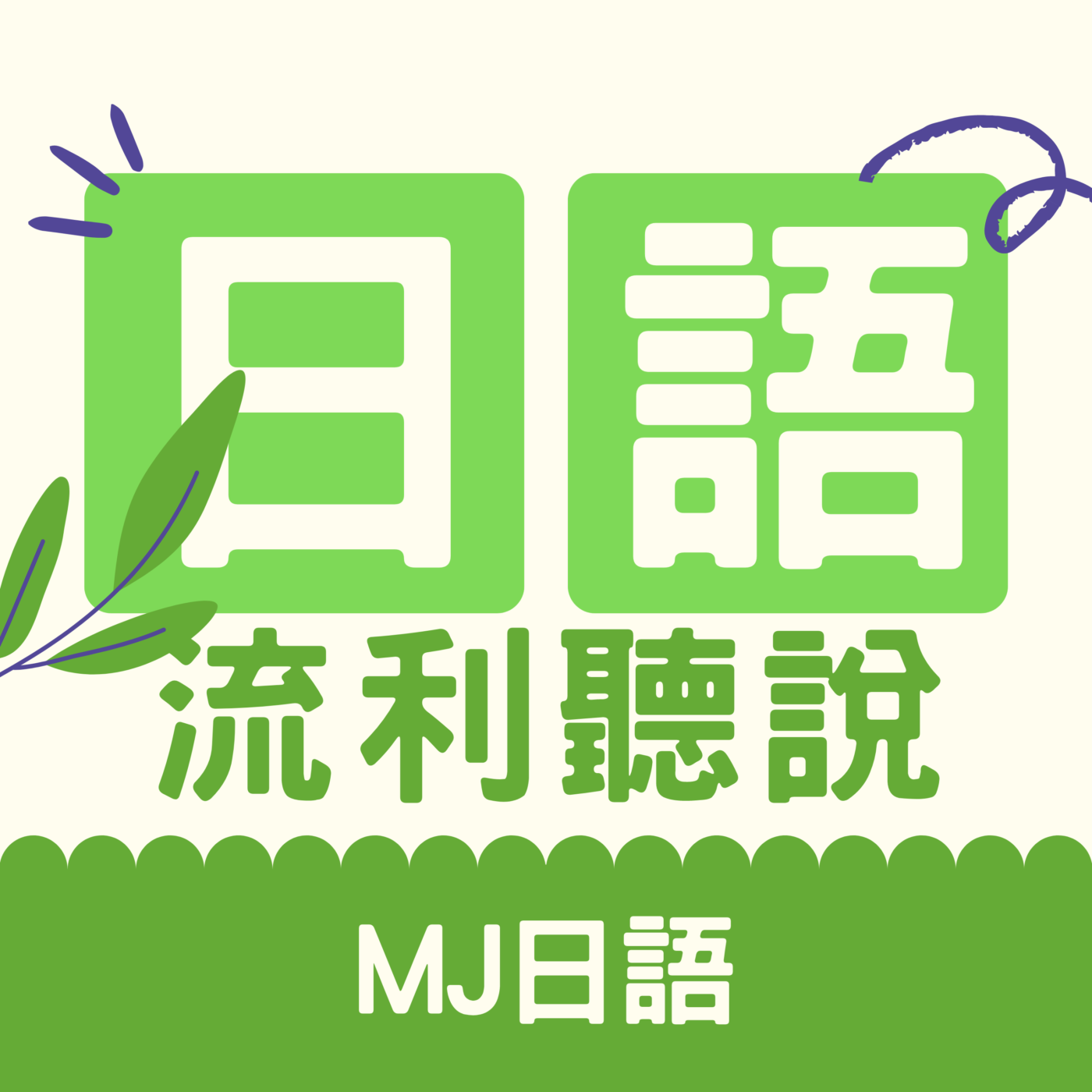有沒有聽過日本人說「食べちゃった」、「忘れちゃった」這種句子?這就是「~ちゃう」的用法啦!它是「~てしまう」的口語簡略版,用來表示「不小心做了某事」、「已經做完某事」或「搞砸了某事」。這篇就來教你這個在日常會話中超常見的口語句型!
Ever heard Japanese people say things like “食べちゃった” or “忘れちゃった”? That’s the casual “~ちゃう” form! It’s the shortened version of “~てしまう” and is used to say things like “I ended up doing it,” “I accidentally did it,” or “Oops!” Let’s learn how to use it naturally in daily Japanese!
📘 文型解說|Grammar Breakdown
| 文法結構 | 說明(繁體中文) | Explanation(English) |
|---|---|---|
| 動詞て形+しまう → 變成「~ちゃう」 動詞で形+しまう → 變成「~じゃう」 | 口語上,表示不小心、已經完成、或遺憾的行為 | Verb (te-form) + shimau → becomes “~ちゃう” Verb (de-form) + shimau → becomes “~じゃう” |
| 過去形:~ちゃった、~じゃった | 表示已經發生的事(通常帶點懊悔或意外) | Past form of “~ちゃう” (something already happened, often with regret or surprise) |
🧠 基本意思(Basic Meaning)
- 「~ちゃう」表示不小心做了某事、已經做完某事,或有點懊悔、意外的語氣。
- 是「~てしまう」的縮略說法,更口語、更生活化!
“~ちゃう” expresses that something happened unintentionally, completely, or with some regret. It’s a casual, shortened version of “~てしまう,” and is very common in daily speech.
🔤 常見搭配詞(Common Combinations)
| 日文 | 中文意思 | 英文意思 |
|---|---|---|
| 食べちゃう | 吃掉了(不小心) | accidentally eat it / ended up eating |
| 忘れちゃう | 忘記了 | forgot (oops!) |
| 寝ちゃう | 睡著了 | fell asleep |
| 壊れちゃう | 壞掉了 | got broken |
| 言っちゃう | 說出口了 | ended up saying it |
💬 例句練習|Practice Sentences
| 日文 | 中文翻譯 | English Translation |
|---|---|---|
| ケーキ、全部食べちゃった。 | 蛋糕不小心全部吃掉了。 | I ended up eating all the cake. |
| 昨日、宿題を忘れちゃった。 | 昨天忘記寫作業了。 | I forgot to do my homework yesterday. |
| テレビを見ながら寝ちゃった。 | 邊看電視邊睡著了。 | I fell asleep while watching TV. |
| 大事なメール、消しちゃったかも。 | 好像不小心刪掉了重要的郵件。 | I might’ve accidentally deleted an important email. |
| 本当のことを言っちゃった。 | 不小心把真相說出來了。 | I ended up telling the truth. |
✅ 文法重點小結|Quick Grammar Recap
- 「~ちゃう」是「~てしまう」的口語縮略版。
- 表示「做完了」、「不小心做了」、「後悔做了」等語氣。
- 常搭配日常動作,如:食べる → 食べちゃう、忘れる → 忘れちゃう。
- 更自然地講話、想要像日本人一樣口語,就一定要學會這個用法!
“~ちゃう” is the casual version of “~てしまう,” used to say something happened completely, unintentionally, or with regret. It makes your Japanese sound more natural and conversational!
📚 延伸閱讀建議|Related Grammar Posts
- 👉 【待更新】「~てしまう」和「~ちゃう」差在哪?正式 vs 口語
- 👉 【待更新】「~ちゃダメ」怎麼說「不可以做某事」?
- 👉 【待更新】「~たら」表示「如果~的話」的條件句型教學




